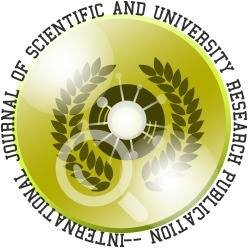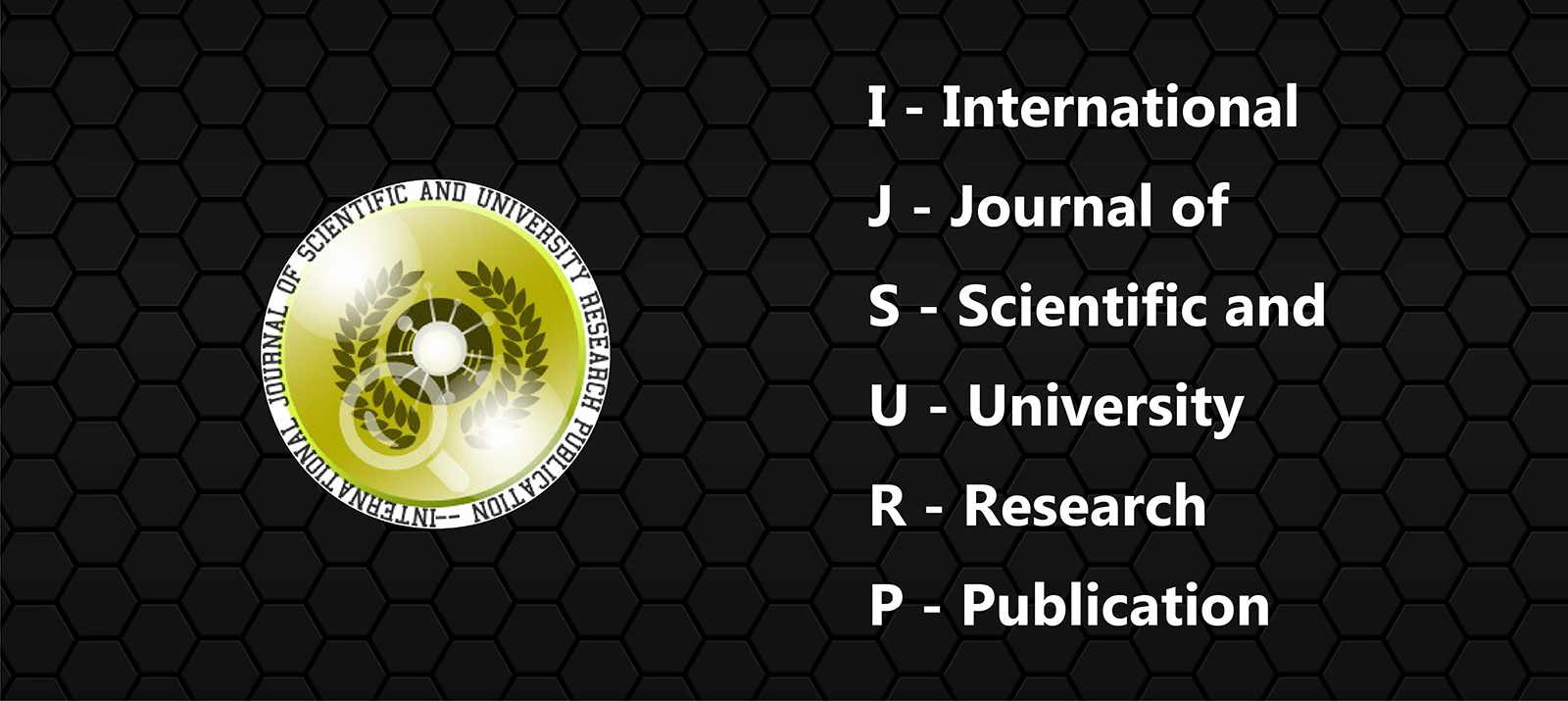Antimicrobials Use in Aquaculture and their Public Health Impact
Volume : (13), Issue : 205, March - 2018

Abstract : Diseases are one of these primary limiting factors. Bacterial diseases are responsible for heavy mortality in both wild and cultured fish. Antibiotics used to control such infection and misuse as well as other sources of antimicrobials as using chicken manure or adoption of integrating fish system may emerge the development and spread of antimicrobial resistant bacteria and resistance genes and occurrence of antimicrobial residues. All that may induce a negative impact on human, fish and the environment. Aquaculture has become the fastest growing sector of food production in the world. Despite the encouraging trends, several constraints have negative impact on the growth of aquaculture. Therefore, strict measures, legislations and regulations for the use of antimicrobials in aquaculture should be developed and implemented, especially in developing countries, to avoid such negative impacts in human, fish, animals and environment. These consequences, in human, include increased number of infections, increased frequency of treatment failures and increased severity of infection that result a prolonged duration of illness, increased frequency of bloodstream infections, increased hospitalization, and increased mortality.
Keywords :Antimicrobials; Aquaculture; Disease resistance; Human health.
Article: Download PDF Journal DOI : 301/704
Cite This Article:
their Public Health Impact
Vol.I (13), Issue.I 205






